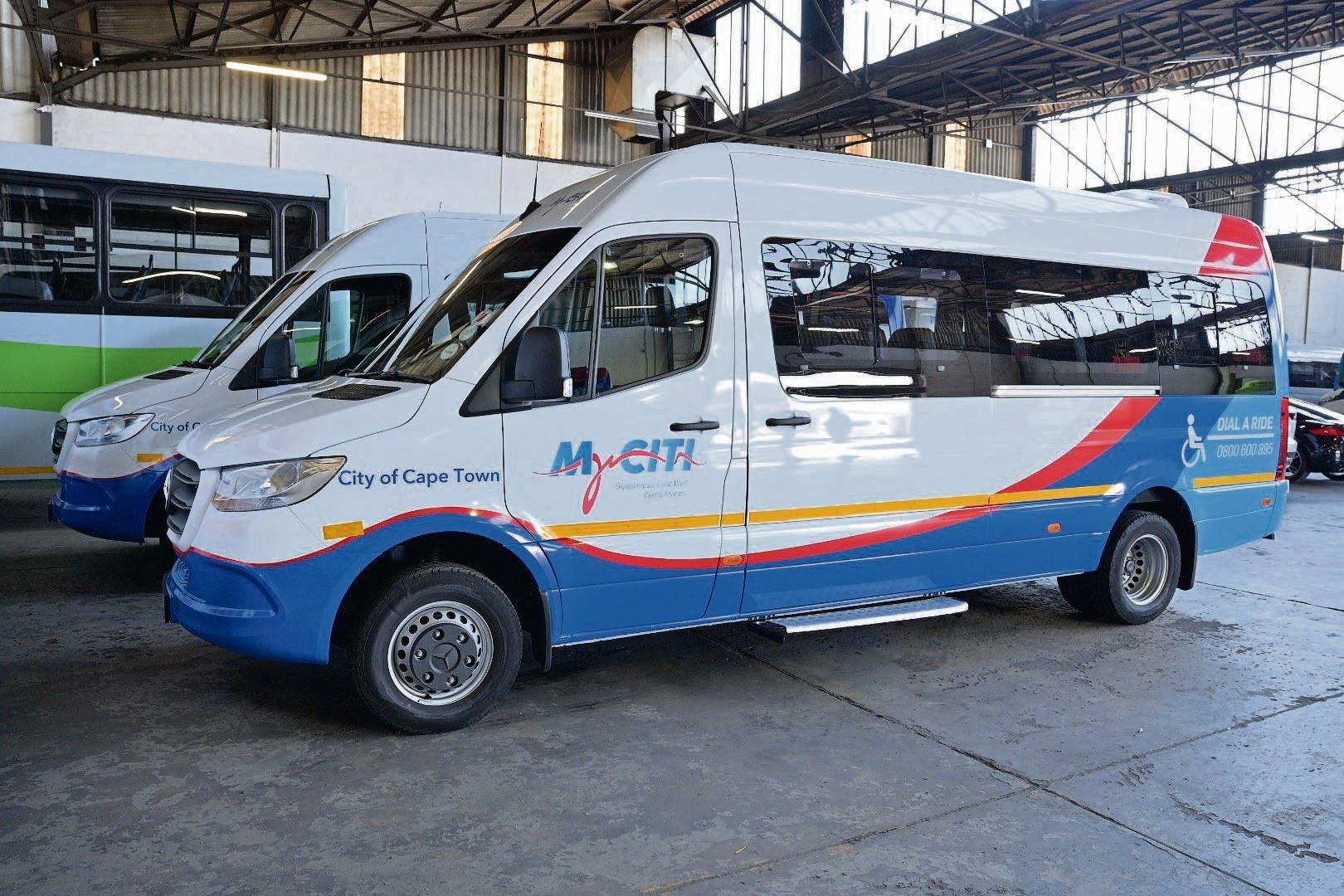Africa-Press – South-Africa. Disability activists and lobby groups have expressed outrage at an attack on a special needs transport vehicle during taxi violence in Cape Town.
The Dial-a-Ride bus service was suspended in Nyanga after a vehicle was attacked on Wednesday. The vehicle was stoned while a passenger was inside. Dial-a-Ride is an essential service for commuters with special needs who cannot make use of conventional transport.
“The city can’t risk the lives of the passengers and its staff while this violence continues and will only resume operations once it is safe to do so,” said Rob Quintas, mayco member for urban mobility.
The Western Cape Network on Disability (WCND) condemned “the insensitivity of the actions” of protesters, saying they had endangered the lives of vulnerable people.
It supported the City’s move to suspend the service, despite “the disruption it will cause to thousands depending on the service to go about their daily lives”.
“The impact of this service disruption will be huge for those dependent on the service as accessible transport for people with disabilities is already a huge challenge and Dial-A-Ride for many is their only option to get to work, school or college,” said WCND provincial co-ordinator, Natalie Johnson.
Around 320 commuters regularly use the Dial-A-Ride service, with another 2 300 eligible users who are transported on an ad hoc-basis.
Dial-A-Ride is the only accessible door-to-door service for people with disabilities in the Western Cape, said Johnson.
She said:
Erica du Toit, awareness and sensitisation coordinator for the Western Cape Association for Persons with Disabilities, said disabled commuters faced challenges in accessing public transport.
“Taxi owners and drivers don’t always understand the finer details of mobility for people with disabilities. They can’t always get into taxis, and if they need to be helped inside they are likely to be charged more than other passengers,” she said.
“This is why door-to-door initiatives like Dial-a-Ride are of such value. If you take those services away, you’re essentially confining people with disabilities to their homes.”
She added that the two biggest challenges facing the community were access to jobs and transport – and very often access to employment was hampered by a lack of access to transport.
“Whoever attacked that Dial-a-Ride vehicle has disabled the people who were inside it by preventing them from going where they need to go. Society needs to understand that it is the society that is the disabling factor, not disabilities.”
Nadheerah Morta-Andrews, of the Cape Town Association for the Physically Disabled, said the suspension would likely put financial and emotional strain on service users, and would affect those travelling to work, school or clinics.
She said that trains and buses were simply not accessible to many people with disabilities.
She said:
She added that the Dial-a-Ride system was under strain because of the growing demand for door-to-door transport services for people with disabilities.
Quintas added that the livelihood of “these vulnerable passengers” depended on the availability of the Dial-a-Ride services.
“These residents are being heavily impacted by this suspension, but we cannot risk their safety while this unrest continues,” he said.
For More News And Analysis About South-Africa Follow Africa-Press






